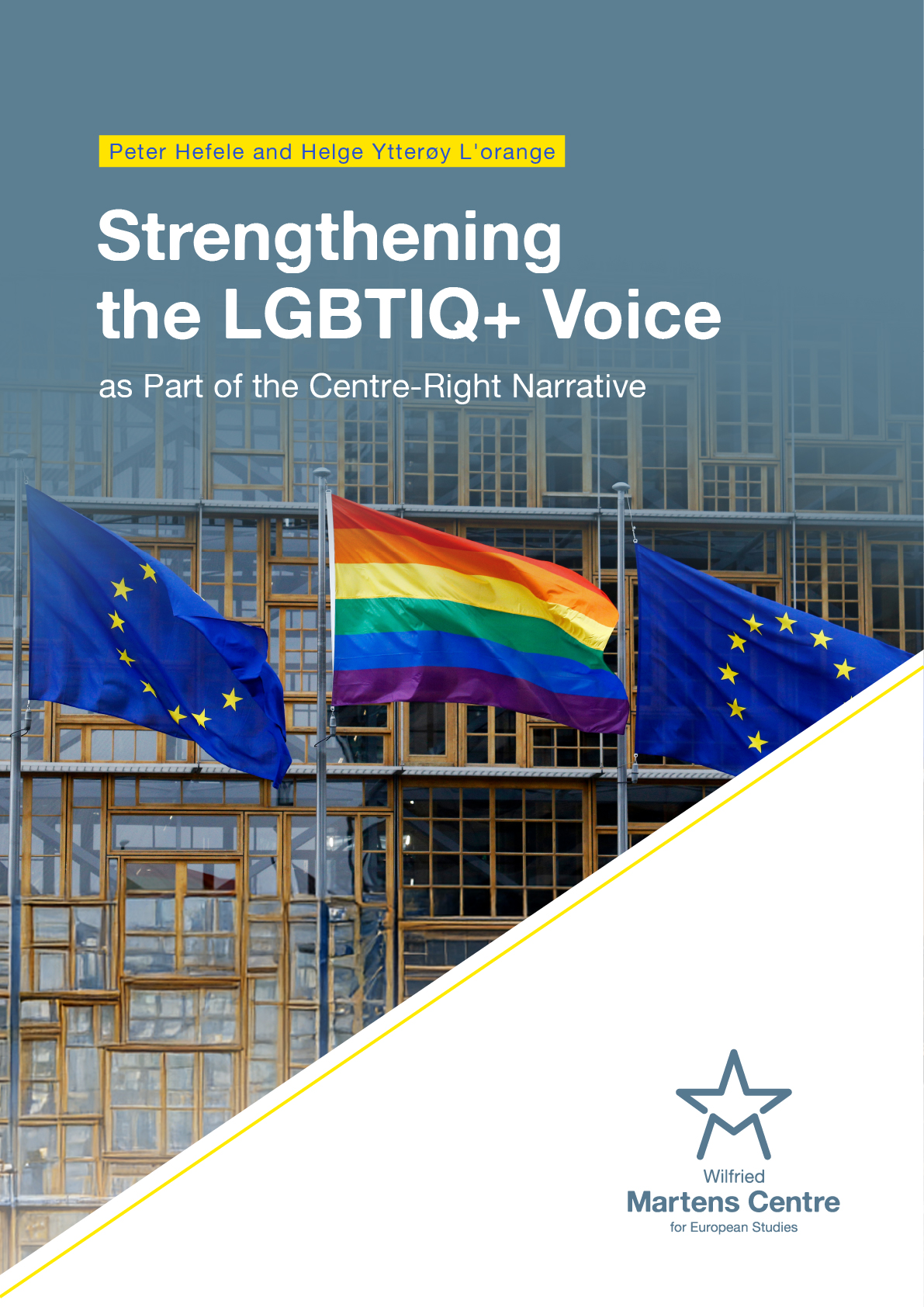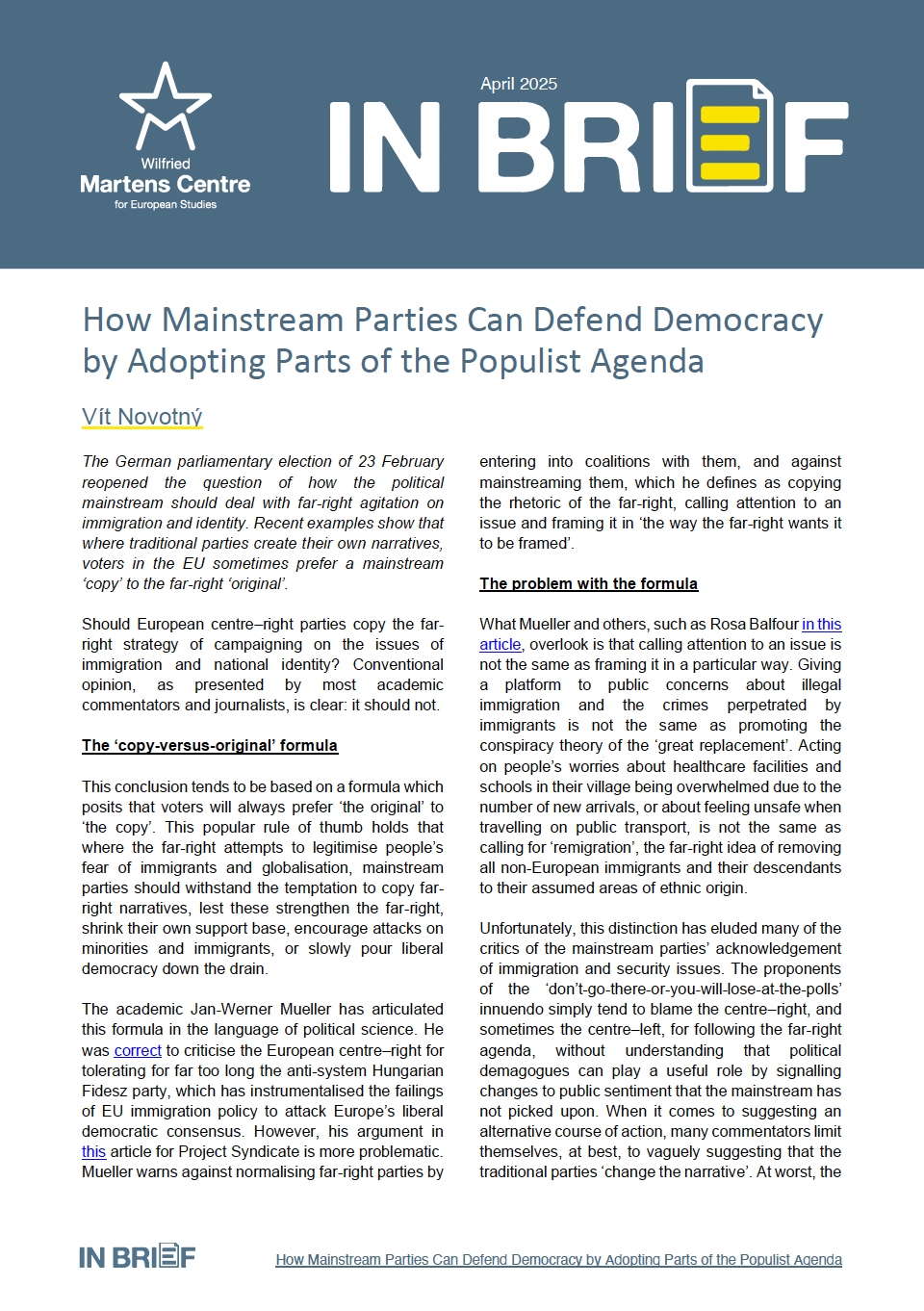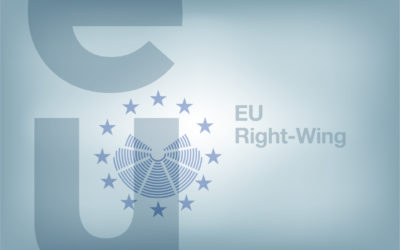Centre-right parties: sailing in stormy seas
18 October 2017
It has been a challenging year for the European Union. The hangover from Brexit, election fever in a number of European countries, terrorist attacks in European capitals, the perennial existentialist question of quo vadis Europe, and now the Catalan crisis.
After Macron’s victory in France, liberal democratic Europe breathed a sigh of relief. The outcome of the French presidential election and Merkel’s much anticipated victory would restore confidence in liberal democracy, and put the European project back on track. And to a large extent this has happened. It has not been a clean sheet, however.
Germany did not manage to escape the predicament of other European countries: the weakening of traditional democratic parties and the surge of nationalist populism and extremism. The western liberal order has survived for now but the party pillars of the political system have been weakened.
Those that are left behind by change, frustrated and alienated, direct their anger towards mainstream politics.
The centre-left, centre-right divide, for many decades, offered European societies a set of different ideological creeds, policy options, and solutions, within the framework of free market-based liberal democracy. Now, we are witnessing the erosion of this post WWII European political divide.
Structural changes such as globalization, the fiscal conformity in preparation for the monetary union, and the monetary union itself created a policy of convergence between parties. The main victims of this fusion were the centre left parties that travelled most of the political distance towards the centre.
The adoption of centre-right elements in economic policies and structural reforms gave them electoral victories in the short run but in the long run was a prologue of their demise. Mainly because it severed the ties with their party base and their traditional electorate. The financial crisis and the backlash against globalization further eroded the political centre.
Exacerbated economic inequalities, blamed on globalization and automation, have altered societal stratification, creating new haves and have-nots. New waves of immigration have created a demographic and cultural panic. Technological advances created a new divide in society between technologically literate and illiterate, and a new kind of technological unemployment.
Open societies does not mean lawless societies and certainly not borderless states.
Those that are left behind by change, frustrated and alienated, direct their anger towards mainstream politics. The centre-left parties may have become something of an endangered species, but the centre-right parties have come under pressure as well.
The disdain of politics as usual and political correctness has empowered populist leaders and parties from both ends of the political spectrum. From Beppe Grillo, Tsipras, Podemos, and Die Linke, to Trump, Farage, Le Pen, and Orban, all have run against status quo politics. They have tried to manipulate the anger and disappointment in government, the establishment, corruption and nepotism, stagnating salaries, and rising unemployment.
A new dividing line is being formed: on one side are the traditional political formations, and on the other side is an abrasive, anticonformist populism. A populist surge that is based on economic protectionism, an assertive nationalism, xenophobia, anti-immigration and anti-globalization policies.
The populists have also capitalised on the return of identity politics. When threatened, people tend to resort to fundamental values intrinsic to their identity. Germany managed, in the decades following WWII, to place the debate on identity within the European context. Now, AfD, breaking old taboos, brings back the debate to the national level, exploiting the uneasiness of part of the society from the presence of a million refugees on German soil.
The return of identity politics is interconnected with euroskepticism. The incomplete European project is at a critical juncture. The populist demagogues make a case against Europe as being unable to provide policy responses to the challenges of immigration, border security, homeland security, or economic inequalities.
They are questioning, in essence, the wisdom of transferring authority and sovereignty from the nation states to Brussels. The antiglobalization of the populist left feeds euroskepticsm, while the extreme right of AFD and Le Pen resort to xenophobia, protectionism, and nationalist extremism.
We can be patriotic without being nationalistic, we can defend freedom and human rights as well as law and order with equal conviction.
The new political landscape is a minefield for centre-right parties. Populism, extremism and especially right-wing extremism and nationalism have appealed to voters by distorting our ideological agenda. In an effort to repatriate those voters, centre-right parties might be tempted to veer to the right and trail extremism as it sets the agenda. That would be a political folly.
Before repatriating our voters we should repatriate our ideological agenda, reclaim it and project it forcefully. Centre-right parties have to stay the course, defend liberal values, respond to the challenges based on our own ideological arsenal. We can be patriotic without being nationalistic, we can defend freedom and human rights as well as law and order with equal conviction.
Open societies does not mean lawless societies and certainly not borderless states. We can defend the market economy while addressing inequalities. We can address the inequalities resulting from globalization and automation without becoming protectionist and isolated.
Compromising our values and principles will only present us with short term political gains, if it does. It will hurt, however, our fortunes in the long run, as the socialists have discovered.
ENJOYING THIS CONTENT?





















